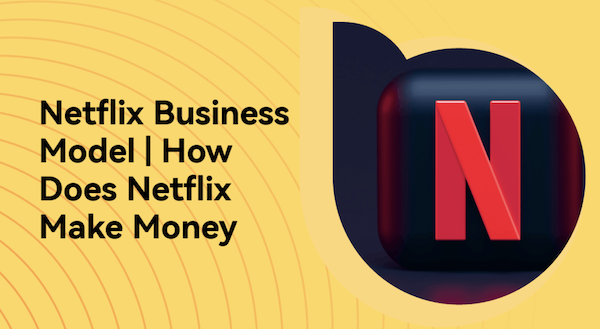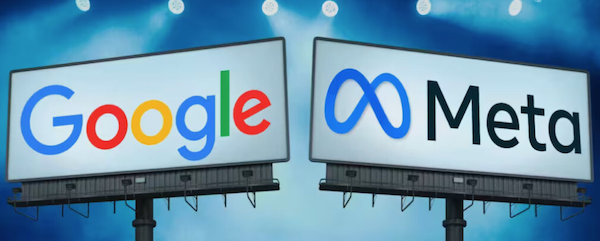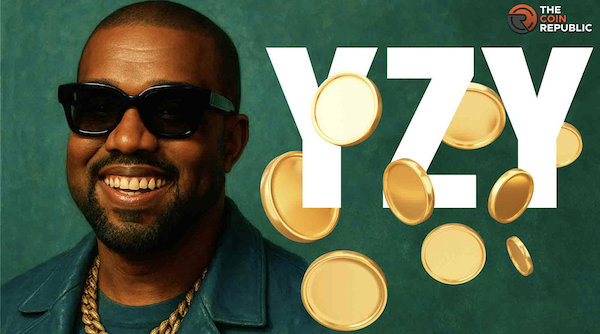Market scorecard
US markets traded well again yesterday. The S&P 500 logged its 19th record high close of 2025 and extended gains to over 10% year-to-date. Large-cap stocks were muted, but global politics remained messy, with governments misbehaving or falling apart in the USA, France and the Netherlands. It never ends.
In company news, Nvidia reported strong second quarter results after the closing bell, and noted good progress on its next chip update called Rubin. They also unveiled a $60 billion buyback, but shares slipped 3.1% on a slightly muted sales forecast and confusion about its business in China. Elsewhere, CrowdStrike fell 4.2% in late trading after forecasting sales slightly below estimates as it works to move past last year's costly global outage.
At the end of the day, the JSE All-share closed down 0.42%, but the S&P 500 rose 0.24%, and the Nasdaq was 0.21% higher. That's acceptable.
Our 10c worth
One thing, from Paul

One of the best things about capitalist enterprises is their ability to pivot, add related products on the fly, and generally reinvent themselves. Their shareholders and managers have no room for error, they have to make a profit, because it's survive or die. This is not true of government-owned entities. We are all familiar with their pathetic track record.
There are plenty of good examples of this, but I was thinking of Vestact-recommended stock Netflix, when reading a good blog post by Byrne Hobart today. He notes:
"Companies are the most theoretically interesting when they're still figuring things out, the most lucrative to own when they've figured out the important stuff and want to scale it. For subscription-based companies, maturity means they've reached whatever level of market penetration their model naturally supports. Consider a business like Netflix, that eventually mostly saturates its primary market. They've realistically tapped into the entire movie-watching audience out there. People will keep aging into the service, and other people will age out or die, but there isn't much they can do."
Or is there? Netflix has focused on expanding into international markets, tailoring content to local cultures and preferences to build a global subscriber base. No maturity out there, it's open season!
Even in the US, population growth and rising income levels mean new households are being formed, and the number of subscribers can keep growing. They also found new ways to reduce subscriber churn, and prevent password sharing. They made sure that their mobile app was as good as their TV platform.
Netflix further diversified its sales, adding gaming, introducing cheaper advertising-supported subscriptions, and placing product ads in shows. Those other revenue streams are growing fast.
It's never "too late" to invest in a well-run company that supplies compelling products and/or services to large customer bases via monthly subscriptions. The best ones won't go ex-growth, they'll just keep getting more inventive.
Byron's beats

Many of our recommended stocks, especially in the tech space, compete against each other. But they also do a lot of business with each which we always like to hear.
For example, Google recently announced that they have signed a 6-year cloud computing deal with Meta worth more than $10 billion.
Google Cloud is desperately trying to catch up with rivals AWS (Amazon) and Azure (Microsoft) when it comes to the cloud-services market share. Having Meta as a client is a huge step in the right direction. And this comes shortly after a similar-sized deal with OpenAI. Clearly, their cloud tech is quality, which is why they are attracting such important clients.
Google is sometimes called a one-trick pony because they rely so heavily on online advertising. Growing their cloud business is very important for the diversity of their revenue streams.
Bright's banter

Kanye West tried his hand at launching a digital token last week. It shot up like a SpaceX rocket, touched a $3 billion valuation within 40 minutes, then promptly came crashing down to $1 billion in the next 40 minutes. Today, it's parked at around $326 million.
A few early players walked away smiling. The 500 biggest holders made about $50 million in profits, with one lucky punter bagging $3 million. On the other side, someone managed to torch $1.3 million just as quickly.
The token is pitched as part of a grand "Yeezy Money" ecosystem, which (according to the marketing deck) will include a payments service and a debit card you can swipe at shops. Apparently, only 20% of the supply was made public. The lion's share sits in Kanye's investment vehicle.
Even crypto veterans couldn't resist. Arthur Hayes, a recently pardoned founder of a trading platform, bought some tokens and half-jokingly begged Kanye not to "rug" him. A few hours later, he admitted he should've stayed out.
If this feels familiar, it's because Solana also hosts the $TRUMP token, which is down 19% in the past month. Kanye's version is smaller in scale, but the pattern is the same: hype drives the launch, gravity does the rest.
I still don't understand why people use their hard-earned money to gamble on this stuff.
Linkfest, lap it up
Does it feel like bird noises never stop? They are singing almost an hour longer each day in some areas - We are confusing them with man-made light pollution.
Something was spotted orbiting Uranus. It's a tiny moon - The power of the Webb Space Telescope.
Signing off
Asian stocks are mostly higher this morning. However, Ramsay Healthcare is down a little over 12% as strong results in Australia and the UK were overshadowed by weakness at its Elysium mental health unit and European hospitals.
In local company news, Capitec has overtaken FirstRand to become South Africa's most valuable listed bank, now worth more than Nedbank, Absa, and Investec's local businesses combined. Separately, billionaire Jannie Mouton has tabled a R7.2bn offer to take Curro private at R13 per share, with plans to convert the country's largest private school operator into a public benefit organisation. Love it!
The Rand is trading at around R17.67 to the US Dollar.
Let's see how the market reassesses the Nvidia results after a good night's rest. For now, US equity futures are slightly lower.
Enjoy your day.